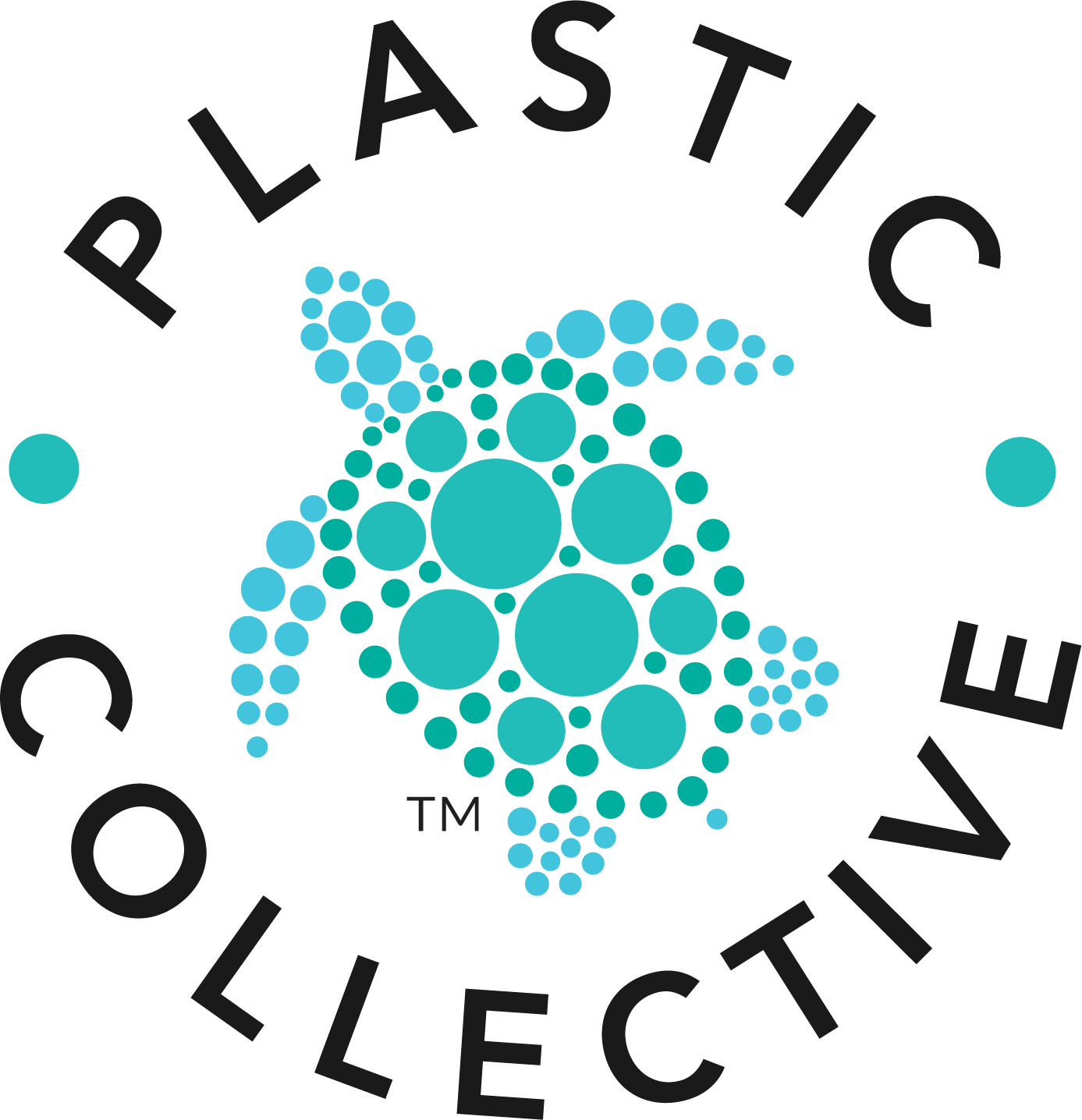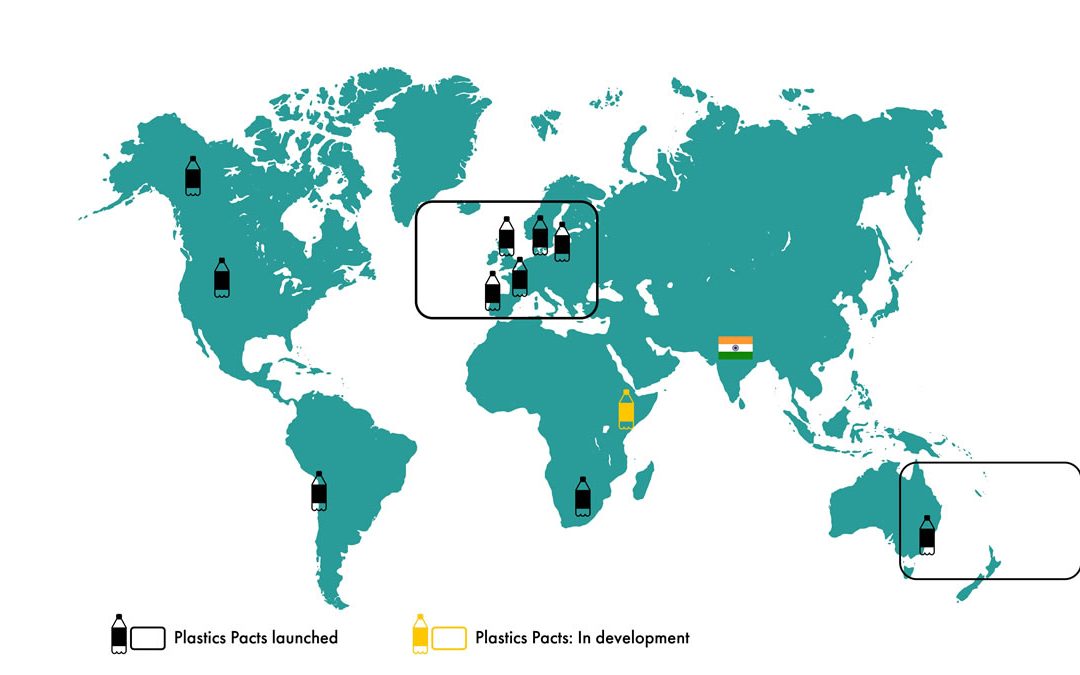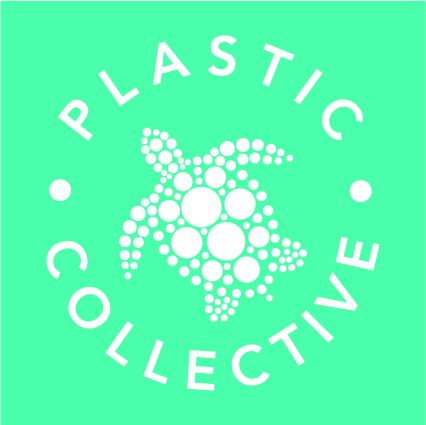Image sourced from India Plastics Pact.
THE INDIA PLASTICS PACT & ITS 2030 TARGETS
September 3, 2021 marks the official launch of India Plastics Pact – collaboratively developed by WWF India and the Confederation of Indian Industry. Plastic Collective is proud to be one of the Pact’s founding members. Globally, there are now twelve Pacts including Chile, South Africa, Europe and the US that seek to create a circular economy for plastics.
Similar to its predecessors, the Pact seeks to transform the entire plastics value chain through four ambitious targets aimed to remove unnecessary and problematic plastics, redesign and recycle so as to circulate plastics within the value chain. The Pact’s 2030 targets include:
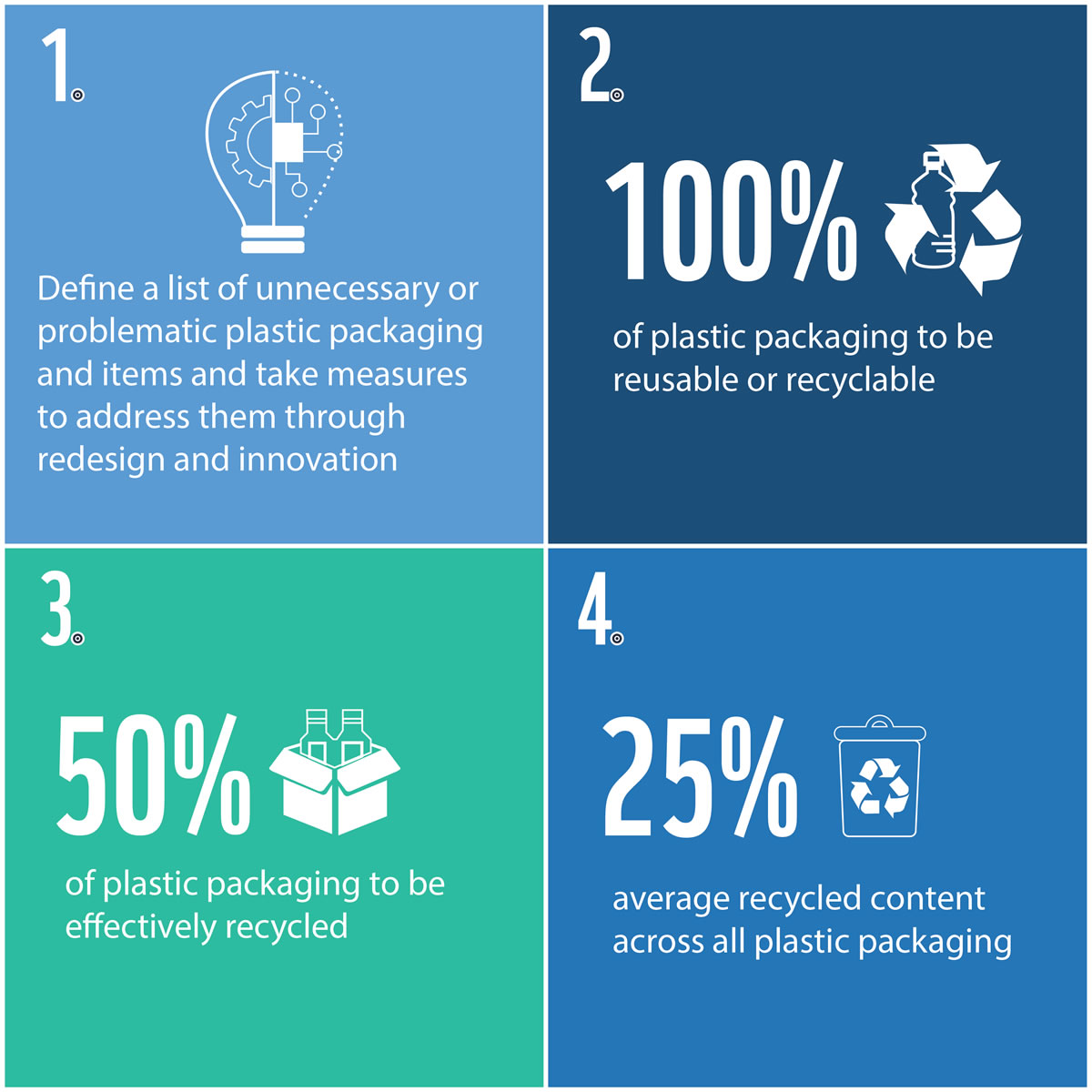
Figure 1) The Pact’s targets seek to make plastics/plastic packaging more recyclable and compostable, trigger a significant reduction of plastic and increase the ability to reuse the material.
These targets are aligned with the circular economy principles of the Ellen MacArthur Foundation’s New Plastics Economy.
As part of this trailblazing, cross-sector collaboration, Plastic Collective will work with the initiative to create a circular economy for plastics so that they do not leak into the environment. This will be sparked by 4 key actions:
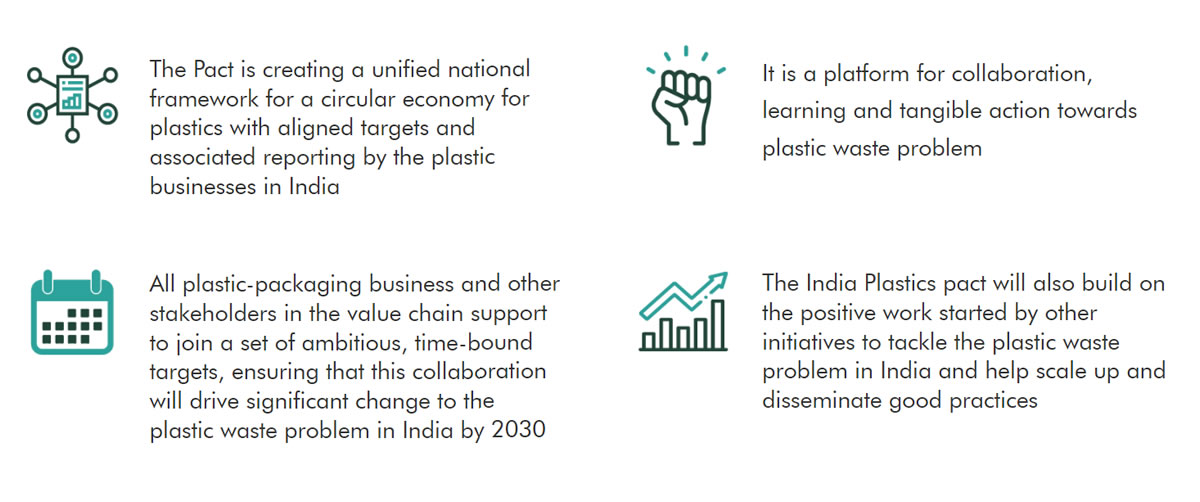
Figure 2) Through stakeholder collaborations, the Pact will initiate innovation projects that catalyze practical solutions at a large scale. The development of a national framework will serve as a roadmap to prioritize and spark significant change across the plastics value chain.
Plastic Collective in particular aims to support businesses to adopt innovative plastics solutions across their value chains. We look forward to sharing our diverse experience in plastics technology, community education, training, Plastic Credits and more throughout India. On the policy side, we will also promote environmental compliance and mandatory environmental legislation alongside the Pact to tackle pollution.
THE CHALLENGE AHEAD
Plastics play a key role in India’s formal and informal economy. Unfortunately, the global trend is for plastics not to be used in an economically, socially or environmentally effective manner. Each year, according to the Pact, India produces 9.46 million tonnes of plastics annually. Only 40% of this is collected. Moreover, of the plastics produced in India, 43% is used for packaging with a majority being single-use plastics.
India is stepping up to the opportunity to demonstrate global leadership in tackling plastic pollution. By eliminating, innovating and circulating the Pact’s common vision is a world where plastic is valued and doesn’t pollute the environment. This vision aligns with Plastic Collective’s values and aspirations.
TO JOIN INDIA PLASTICS PACT
Are you a plastics system stakeholder? If you are any of the following and are interested in activating change, please contact India Plastics Pact to learn more:
- A company that sits in the waste management/waste sector, plastics packaging manufacturing or that sells a product that puts tonnes of plastic waste into consumer hands.
- An NGO working on climate change, greenhouse gas emissions reductions or recycling infrastructure. (Your NGO does not need to focus solely on plastic pollution.)
Varun Aggarwal
Associate Director, Sustainable Business
WWF India
Dr. Nandini Kumar
Consultant
Confederation of Indian Industry-ITC Centre of Excellence for Sustainable Development
Our purpose at Plastic Collective is to show people how to find value in plastics as a resource, to understand which plastics can be recycled or recovered, and provide solutions to eliminate those which can’t be, thus preventing disposal of plastics. This will create sustainable circular economies which no longer rely on the ‘take-make-dispose’ attitude.
For more information, please contact us today.
